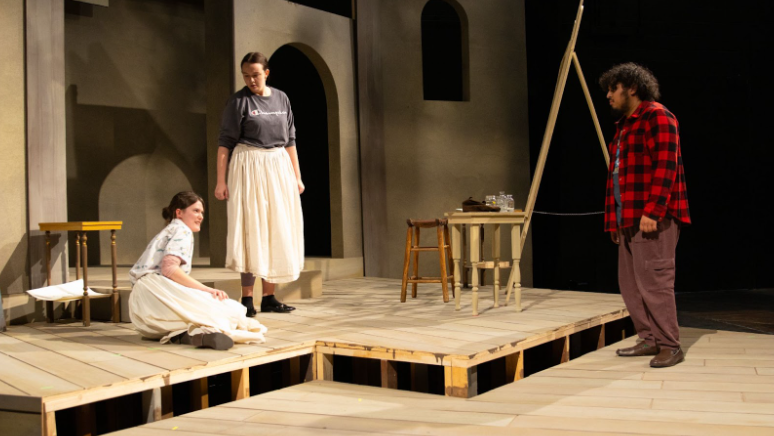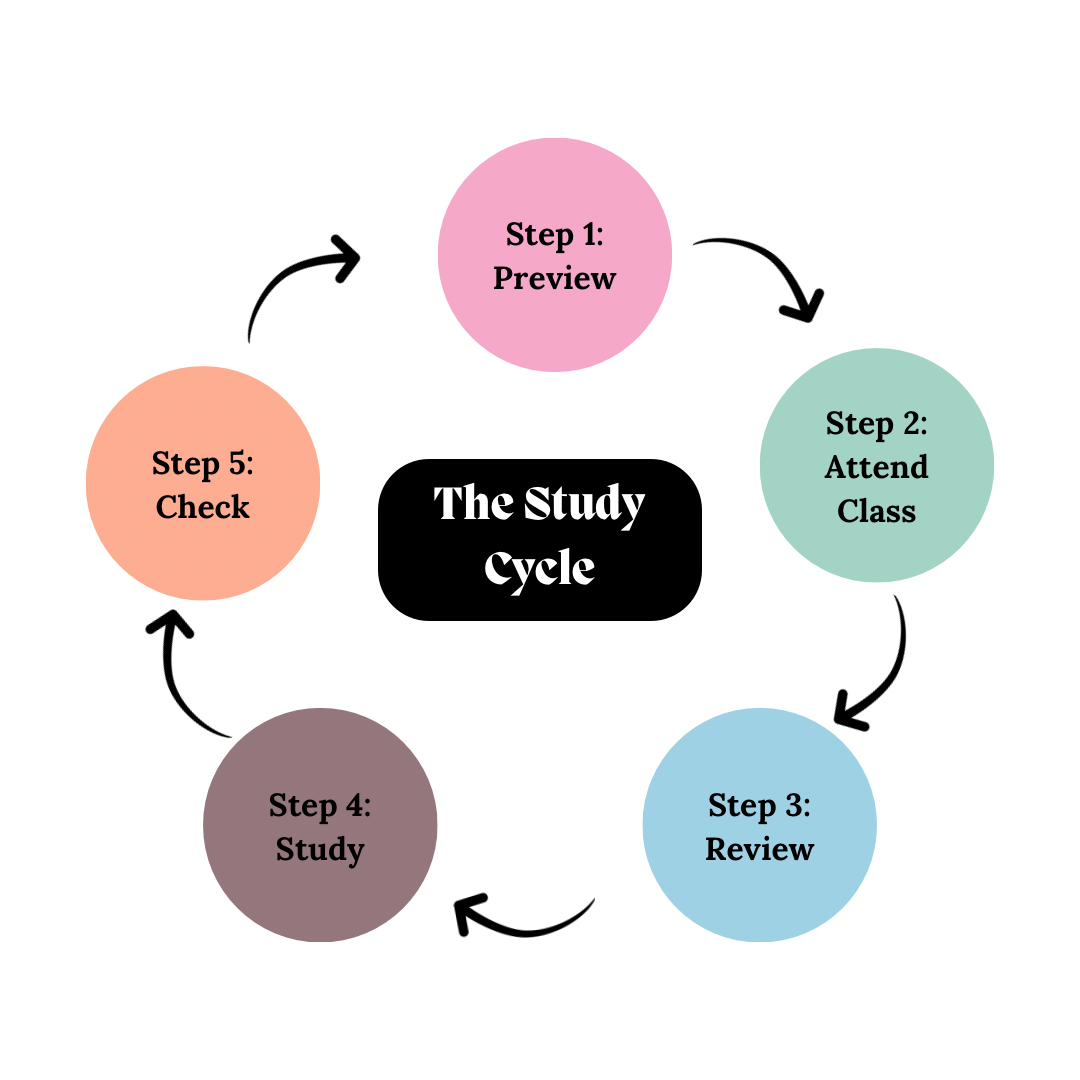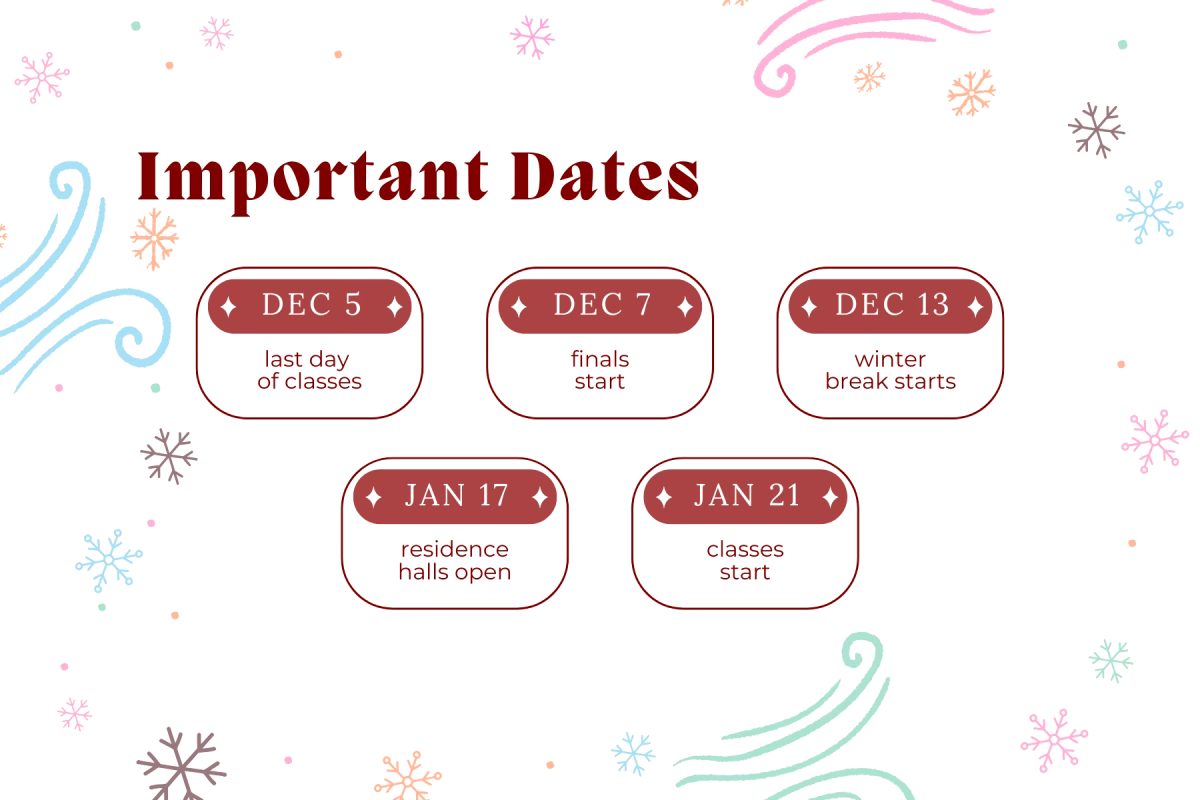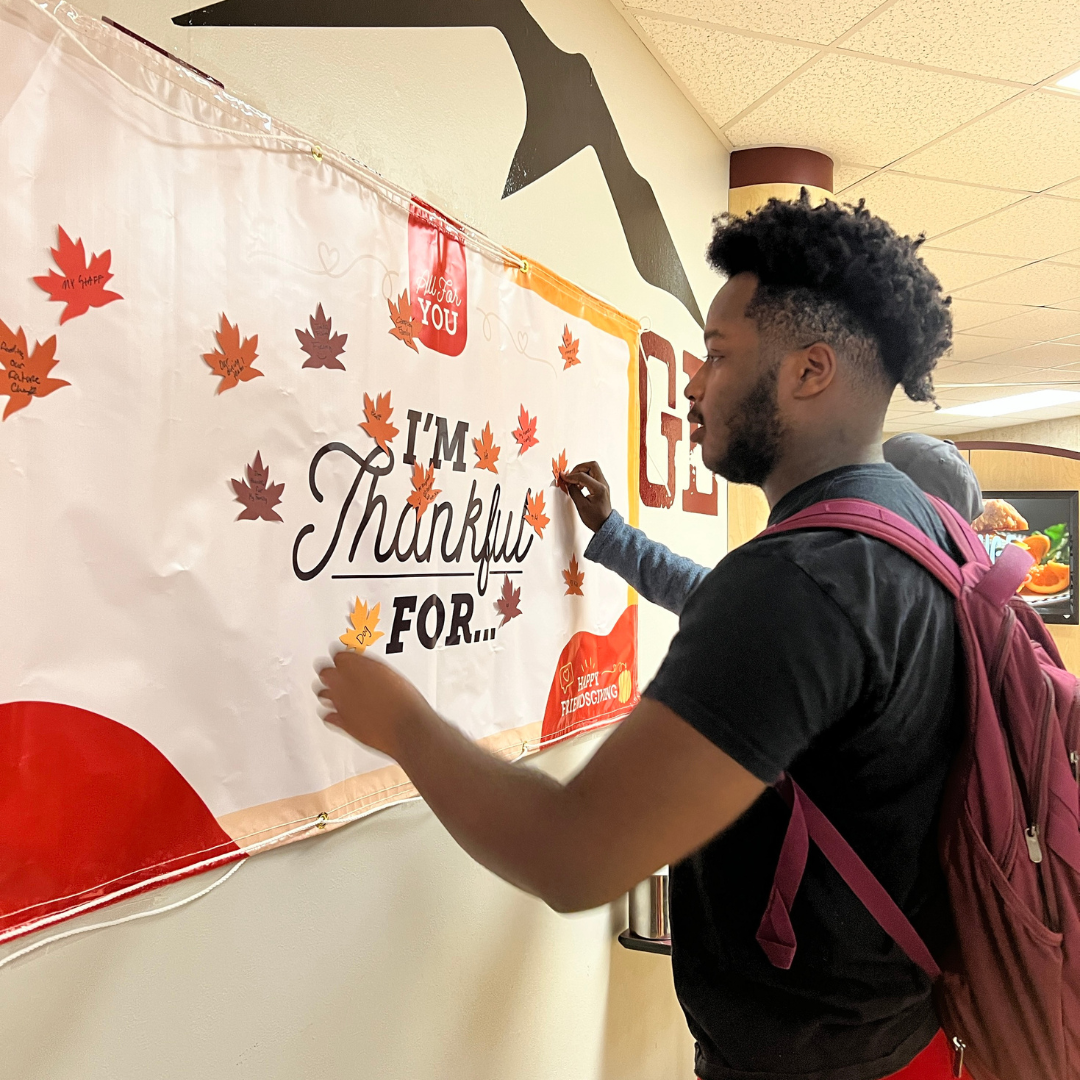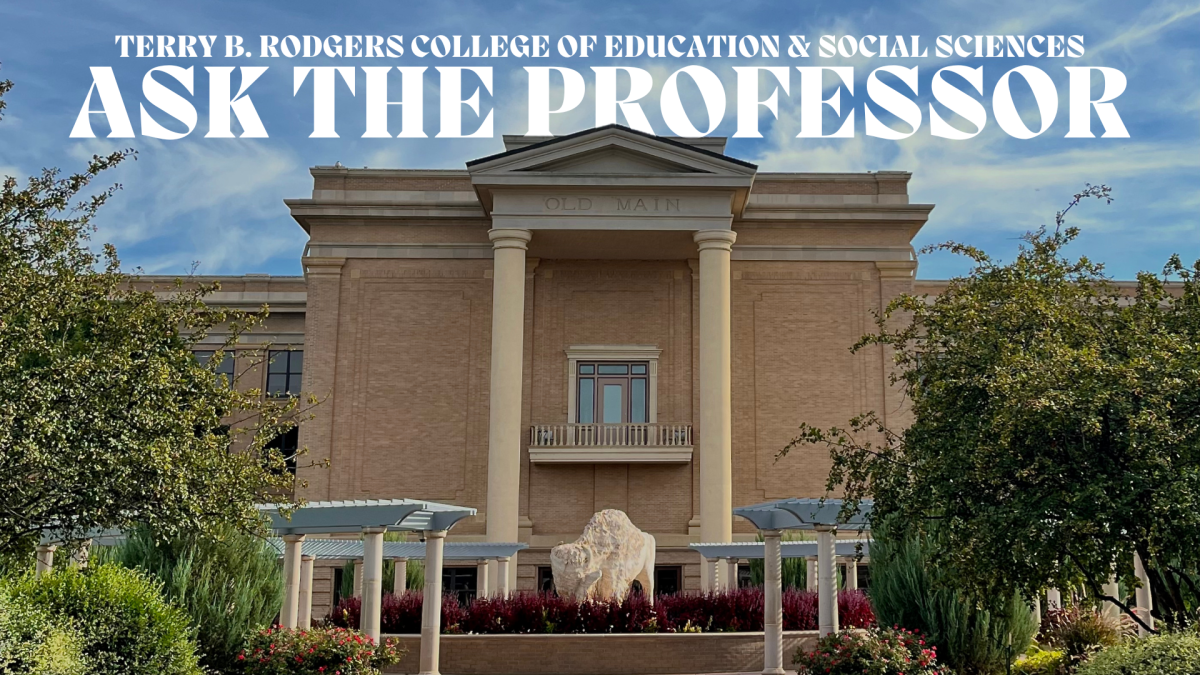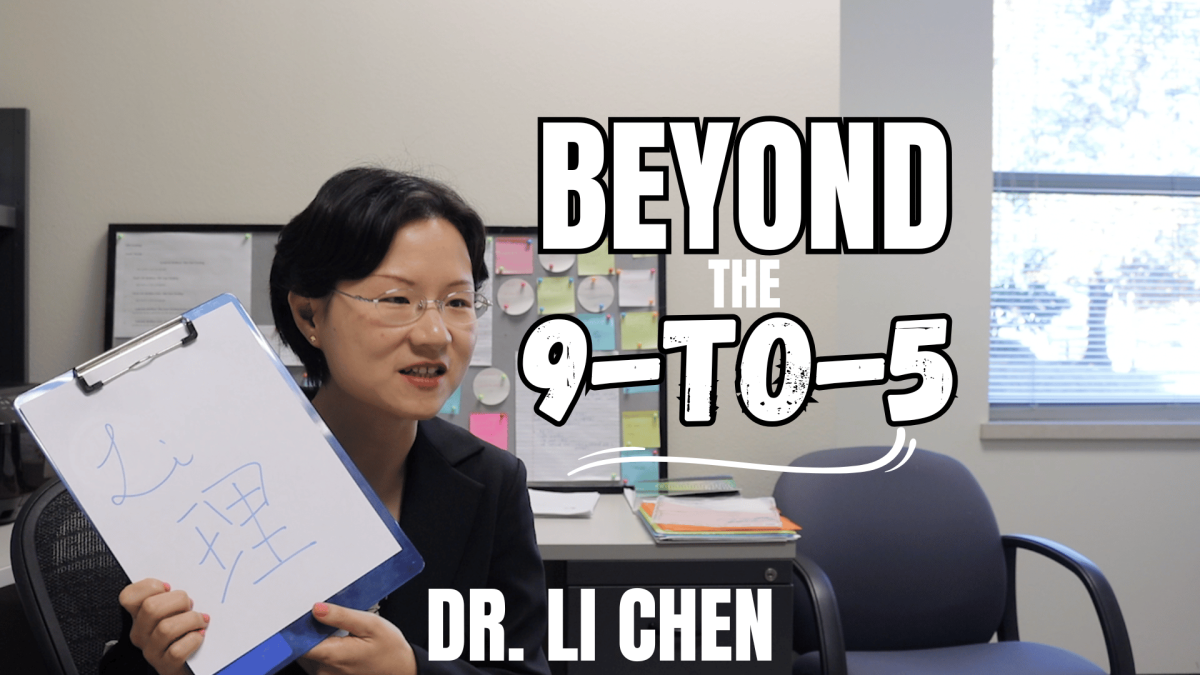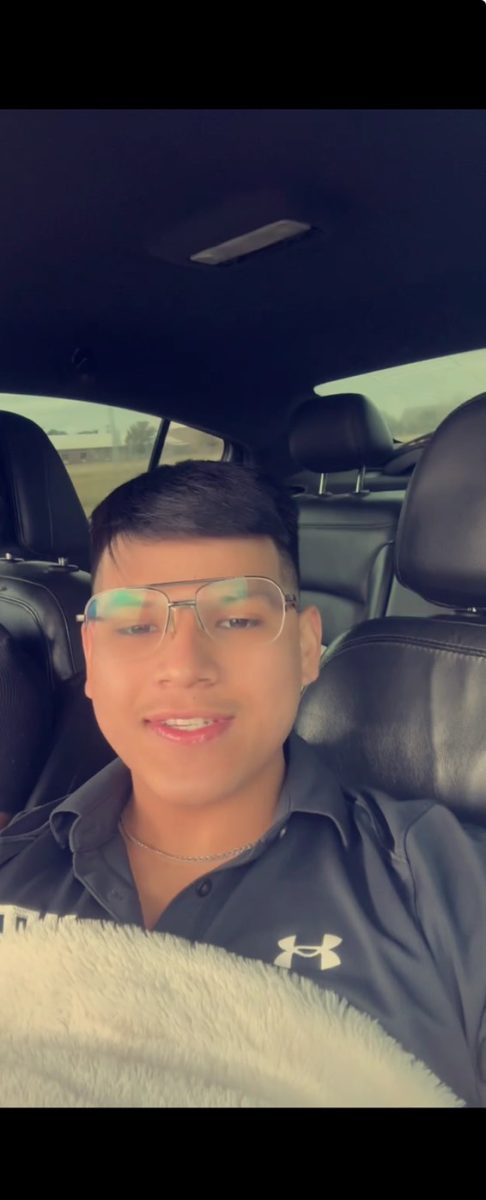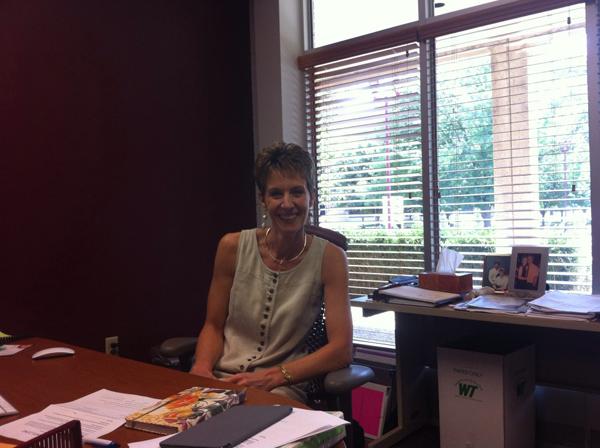
Dr. Donna Eddleman joined the community at WTAMU in August as the new Vice President for Student Affairs. Dr. Eddleman, with a great amount of experience with college students, has many responsibilities in her new position. These include overseeing many programs and services on campus, such as recreation sports, residential living, educational services and medical services. Dr. Eddleman recently sat down for a Q & A session with The Prairie to help the student body get to know the newest member of school administration.
The Prairie: “Could you tell me a bit about your background, maybe where you grew up and past experiences?”
Dr. Eddleman: “I was born and raised in New York. Grew up about 90 miles North of New York City and I am one of four kids. I am actually a first generation college student, so I was the first one in my family to go to college. I started out at a community college near my hometown and then transferred to the State University of New York at Albany, where I got my undergraduate degree in Psychology. I was an RA my senior year because I needed the money, so I’m sure a lot of our RAs can relate to that. Then I kind of fell right into a job right out of college as Director of Residence Life at a small Catholic school in New York. I spent a couple years there and then I moved out to Colorado, in Rangeley, where I served as the Director of Student Life. Then I went to Utah and got my Master’s in Human Resource Management from Utah State University and then my husband and I moved to Michigan for a year where I was Director of First Year Experience. We then went to Virginia for ten years where I arrived as Director of Student Life and left as Dean of Students. Then we moved to Utah where I was Vice President for Student Services at Southern Utah University and then I finally came here. I’ve been around a bit.”
The Prairie:“What drew you here, to WT?”
Dr. Eddleman: “Well part of it was professional timing. The President of Southern Utah had been offered a new position in Kentucky and he had been hired. Often times when a new president comes in they like to assemble their own team, so I just started looking because I thought, “What if?” There are a couple of other things too. Number one my husband is from Stinnett and he has family in Canyon, like his cousin works on campus and his grandmother who raised him lives just half of a mile down the road, so that certainly was very appealing. When I came to campus, the truth is, I really didn’t want to like it. As soon as you start to like a place, your life can start to get complicated if you get an offer, but I came to campus and I loved it. The other thing that is appealing to me is, as a first generation college student, it’s a population I feel committed to and want to give back to and that’s just one piece. The other piece was that there are a lot of things that I learned about through my interviews, very specific to student retention and graduation rates. I am very concerned that it’s taking so many students so much longer than four years to graduate, and I think an institution that is really focused on creating conditions that matter, in terms of getting students though college quickly, is important. So that piece was really important. The truth is I got two other opportunities besides WT and I chose WT because all of those things in combination made it really appealing to me.”
The Prairie: “What are some of your short and long term goals for WT?”
Dr. Eddleman: “Oh, well I have about six dozen, but short term it’s for me to understand programs and systems within student affairs. What we do, how we do it, why we do it, just so I can get the lay of the land. That’s not easy because there are just so many different things within the portfolio, so in the short term it’s for me to understand what we’re doing. Then we need to evaluate what we are doing well, what is it we need to improve and what we just need to stop doing because it is just not serving students, as it should. So within the division, that’s important to me. Another part of that is that I would like to build relationships across campus. I think too often on a college campus, operations are siloed with faculty over here in the classroom doing their thing and the student affairs things doing their thing. So it’s really about creating those relationships so that we are crossing lines. Another thing is I have heard that we need to work on is the reputation of Student Affairs. I think we are often viewed as the fluff of the campus while Academic Affairs is viewed as the stuff, but if you do it correctly, Student Affairs can bring to life the lessons learned in the classroom and in order for us to do that, number one we have to be viewed as stuff and number two, we have to be willing to partner and build relationships back up.”
The Prairie: “Are there any parts of campus life that have you really excited?”
Dr. Eddleman: “I can tell you one of the things that was really appealing to me and part of it is the message it sends, is the fact that we have the residency requirement, that students have to live on campus until they complete 60 credits post-high school and I know that decision is not without controversy, but if you are able to create a living and learning environment where students can find support they are more likely to persist to graduation and will get their degree quicker.”
The Prairie: “As I’m sure many of the students are wondering, are you a fan of the Texas Rangers?”
Dr. Eddleman: “I intend to become a fan of the Texas Rangers! I actually grew up a Mets fan in New York, you were either a fan of the Mets or the Yankees, but I have been notified that I need to become a Rangers fan, so that is definitely in the plan.”
The Prairie: “Is there anything else that you would like to add for the readers?”
Dr. Eddleman: “The one thing that I will say is that if students have ideas that they would like to see happen on campus, or concerns that they have, I want them to see me as approachable. I have an open door and want them to come too. I got an email the other day about a student who was interested in a food pantry and I said, ‘Let’s talk about this.’ There are opportunities out there and if students have ideas that they want us to consider, please come and talk to us.”



